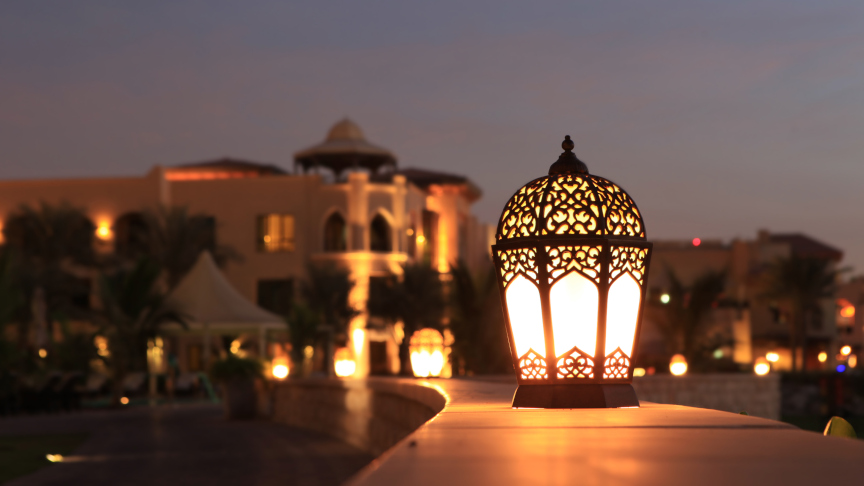Cultural Heritage between Digitalization and Pandemic

Between 27 and 29 November 2020, different experts in the field met online to exchange insights on museology, cultural heritage, its preservation and digitalization. As Ms. Isabell Mering, Director of the DAAD Regional Office Cairo, explained in her opening remarks, the topic is very timely since the world is facing a global pandemic affecting every sphere of life and studies, including cultural heritage. Therefore, the presentations largely focused on new scenarios for museums and the future directions in the area of preservation and diffusion of cultural heritage. Each session included a variety of activities such as scientific talks, “Tour de Table” and Panel Discussions. Moreover, each day concluded with Workshops/“World Cafés” where all participants could engage into stimulating discussions around the topics on the agenda.
The first day was dedicated to the subject of museology and its future developments. Ms. Abeer Elgohary from the Grand Egyptian Museum (GEM) offered an insightful analysis of the role of museums as a “safe” space for knowledge and dialogue between cultures. Later, Dr. Alaa Khairy from GEM presented the example of GEM as a model for effective organization of activities and inclusive engagement with the audience. Similarly, Ms. Kreilinger described the activities and structure of the Archaeological Public Museum of Cherchell in Algeria with a focus on its current developments in spite of the global pandemic. During the final workshop, the participants exchanged ideas around the role of technology in museums, the best way to engage with the community and future perspectives. This lively exchange brought to light the necessity to invest in the development of the digitalization process in the field of museums and cultural heritage as technology represents a powerful tool of our era.
The second day of the conference continued analysing the topic of digitalization of cultural heritage through various presentations and talks. Firstly, Ms. Kreilinger from Algeria, Ms. Mona Nouman from Egypt, Ms. Azza Temessek from Tunisia and Prof. Dr. Hani Hayajneh from Jordan came together into a virtual “Tour de Table” to present the respective experiences of each country in terms of digitalization process. Remarkably, Mona Nouman highlighted the need to invest in the communication and social media sector in order to best engage with the audience under the current circumstances. During the successive Scientific Talk on “Cultural Heritage in Cyberspace: preservation, education, and access”, Ms. Hala Ghoname from UMR emphasized the necessity for cooperation and exchange of knowledge among countries. Furthermore, Dr. Monica Hanna from AASTMT focused on the new role of social media in documenting and spreading information on cultural heritage. This view was further examined during the last workshop. The session therefore concluded by highlighting the current relationship between technology and cultural heritage, which can no longer be separated in light of recent global developments.
The conference ended the third day with an analysis of the development of arts and culture during the lockdown. The speakers Ms. Ilke Kiral, Cultural Attachée from the German Embassy in Cairo and Ms. Anne Eberhard from the Goethe-Institut in Cairo agreed on the current challenges deriving from the lockdown. They nonetheless mentioned the significant efforts that countries and institutes are making in order to keep culture alive through new methods. In this regard, the last panel discussion compared challenges and opportunities for arts and culture in the lockdown.
Overall, the variety of sessions organized during this three-day conference offered the opportunity to approach the topic of cultural heritage and museology from different perspectives. All participants and speakers shared their enthusiasm in attending this event rich of exchange, innovative ideas and insights to best cope with the numerous challenges deriving from the current global pandemic.
Author: Veronica Merlo

















